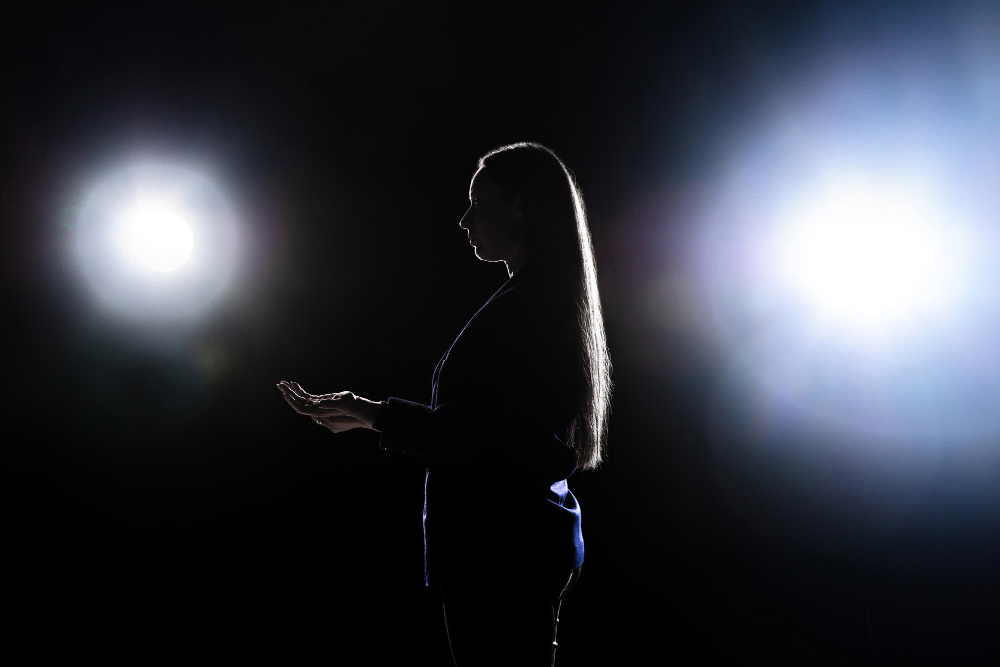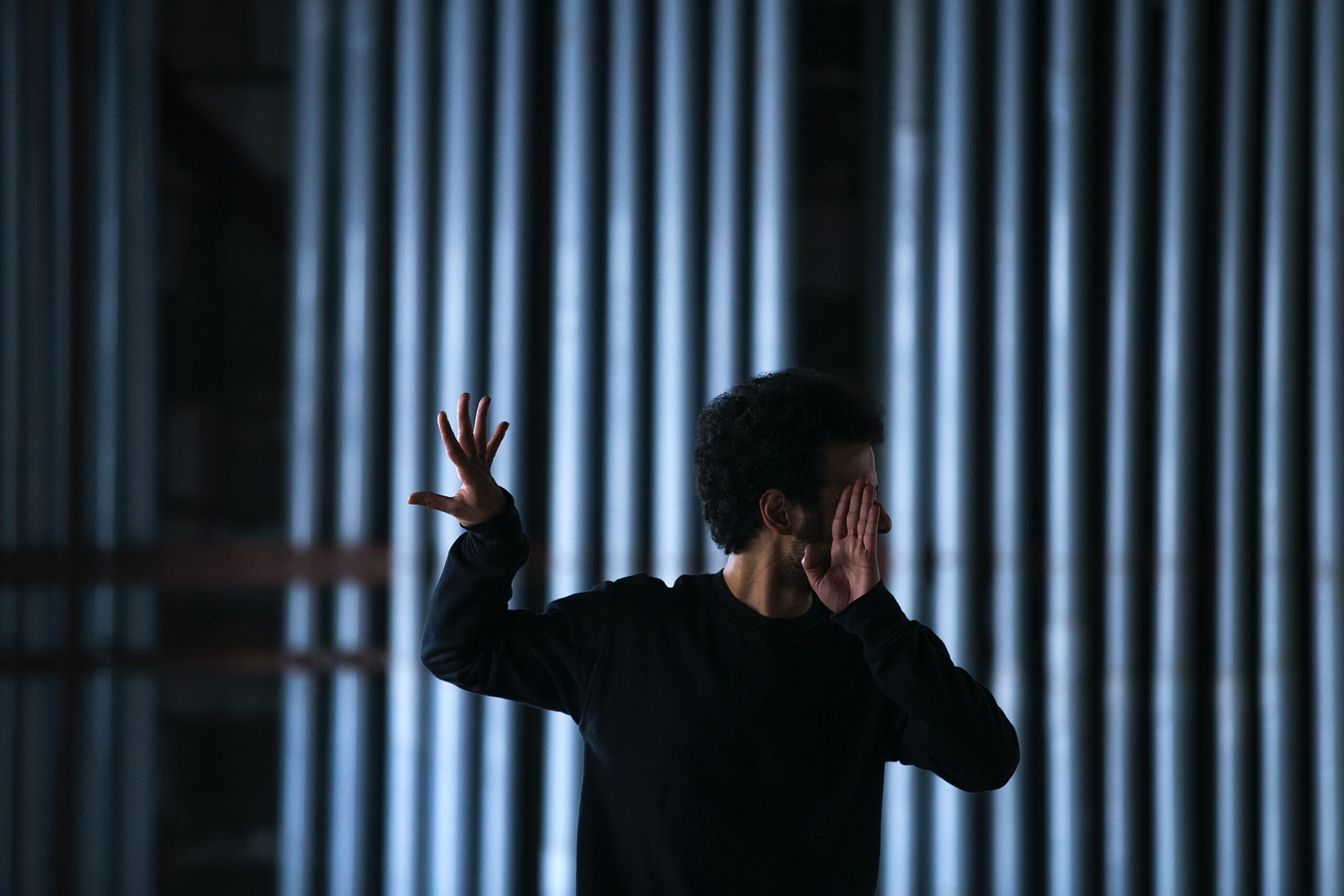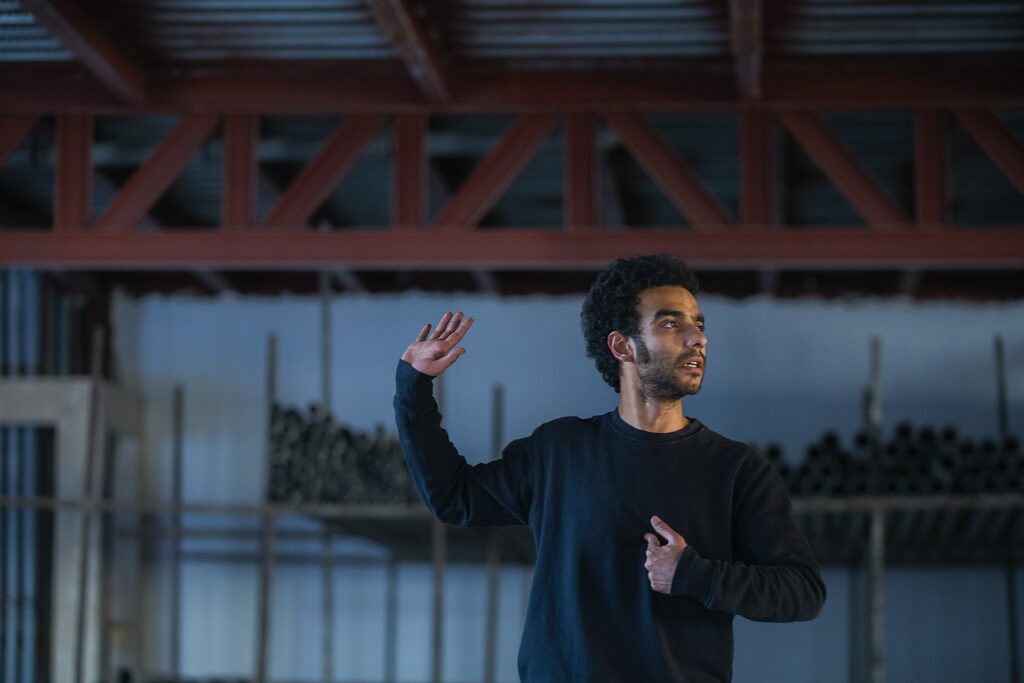
Dramatic Conventions: Soliloquies
When you hear the word “soliloquy,” what’s the first thing that comes to mind? Shakespeare? Hamlet’s iconic “To be or not to be” moment? Well, you’re not alone. Soliloquies are one of the most recognized and celebrated dramatic conventions in theatre history. But what exactly is a soliloquy, and why has it captivated audiences for centuries? Let’s dive in!
What is a Soliloquy?
In simple terms, a soliloquy is a speech delivered by a character when they’re alone on stage, expressing their innermost thoughts and feelings. It’s a unique window into a character’s psyche, a moment where the audience gets to eavesdrop on a character’s most intimate reflections.
Imagine you’re watching a play, and suddenly, the bustling stage clears leaving one character alone in the spotlight. They begin to speak, not to another character, but to themselves (and, by extension, the audience). That’s a soliloquy!
Soliloquies vs. Monologues
Now, you might think, “Isn’t that just a monologue?” Well, not quite. While both are long speeches, there’s a key difference:
- Soliloquy: A speech where a character reveals their inner thoughts to themselves. The audience just happens to be listening in.
- Monologue: A long speech delivered to other characters on stage. It doesn’t necessarily reveal the speaker’s deepest emotions or thoughts.
The Magic of Soliloquies
1. Deep Dive into Character’s Psyche
Soliloquies allow playwrights to showcase a character’s internal conflict, hopes, fears, and desires. Think of it as a mini therapy session where characters unpack their feelings without the filter of social norms or fear of judgment.
2. Direct Connection with the Audience
When a character delivers a soliloquy, they’re often breaking the fourth wall, even if they don’t directly address the audience. It’s a moment of vulnerability that fosters a deep connection between the character and the viewers.
3. Dramatic Tension
Soliloquies can heighten the drama! When a character is wrestling with a significant decision, sharing that internal struggle through a soliloquy can make the audience hold their breath in anticipation.
Famous Soliloquies
While soliloquies span countless plays and epochs, Shakespeare undoubtedly mastered the craft. Some of the most iconic soliloquies include:
- Hamlet: “To be or not to be, that is the question…”
- Macbeth: “Is this a dagger which I see before me…”
- Julius Caesar: “Friends, Romans, countrymen, lend me your ears…”
But it’s not just Shakespeare! Modern plays and films have their own versions of soliloquies, proving the enduring appeal of this dramatic convention.
Conclusion
Soliloquies are a powerful tool in the playwright’s arsenal. They offer a deep dive into a character’s mind, create a unique bond with the audience, and amplify the drama. So, next time you’re at a play or watching a film, keep an ear out for those solitary moments of introspection. You might just find yourself drawn into the character’s world in a way you never expected.






